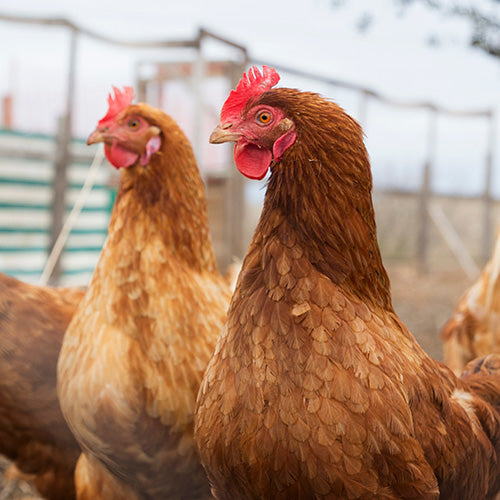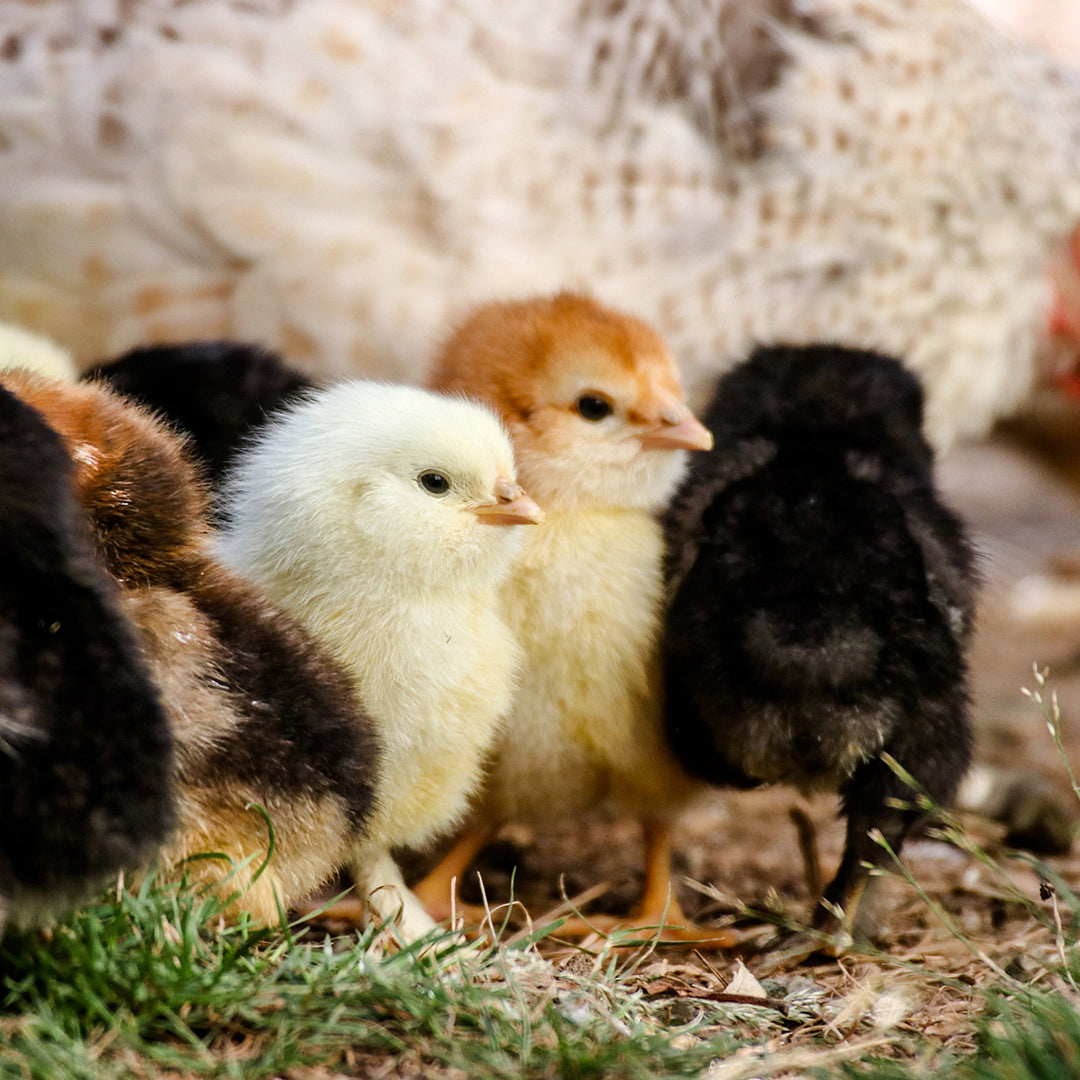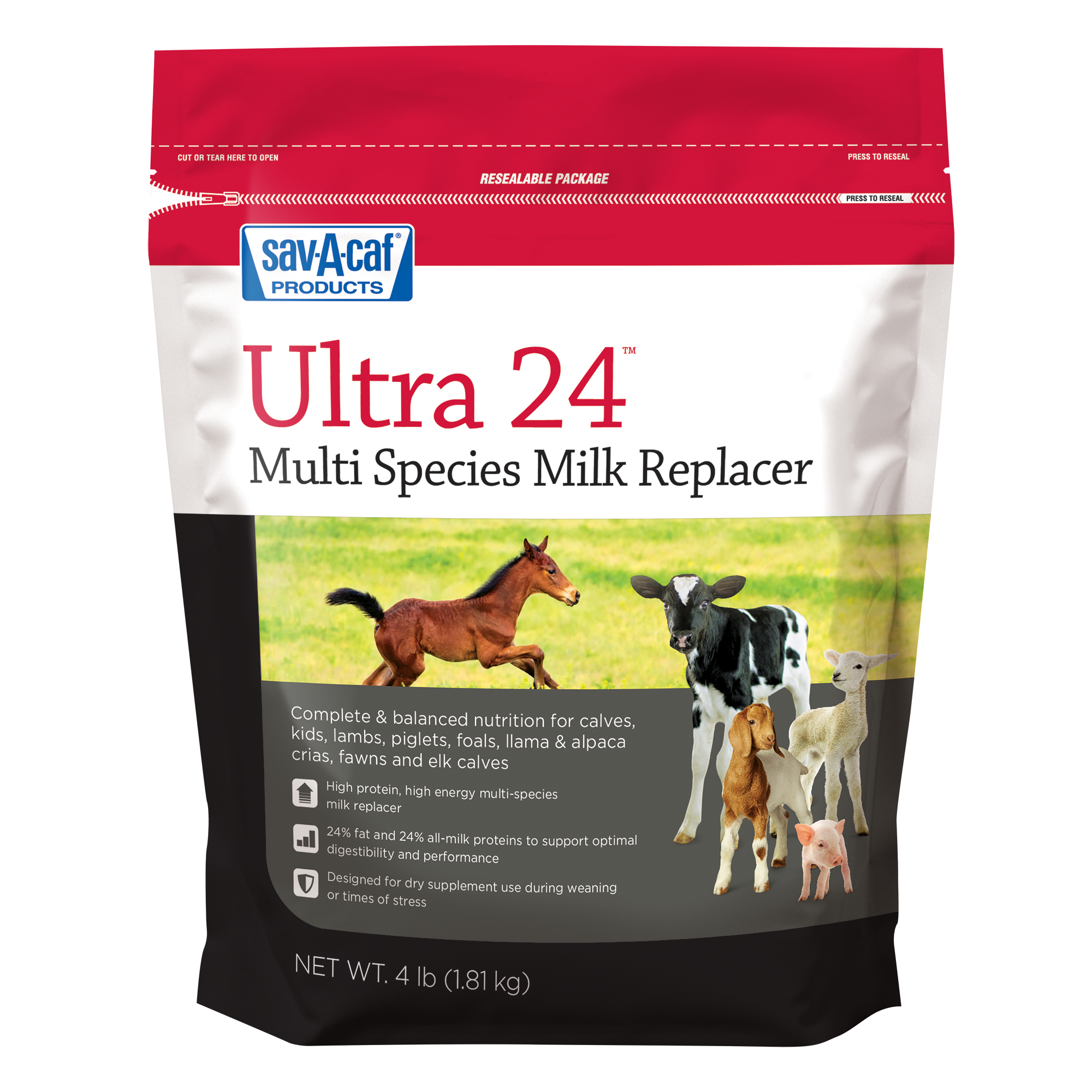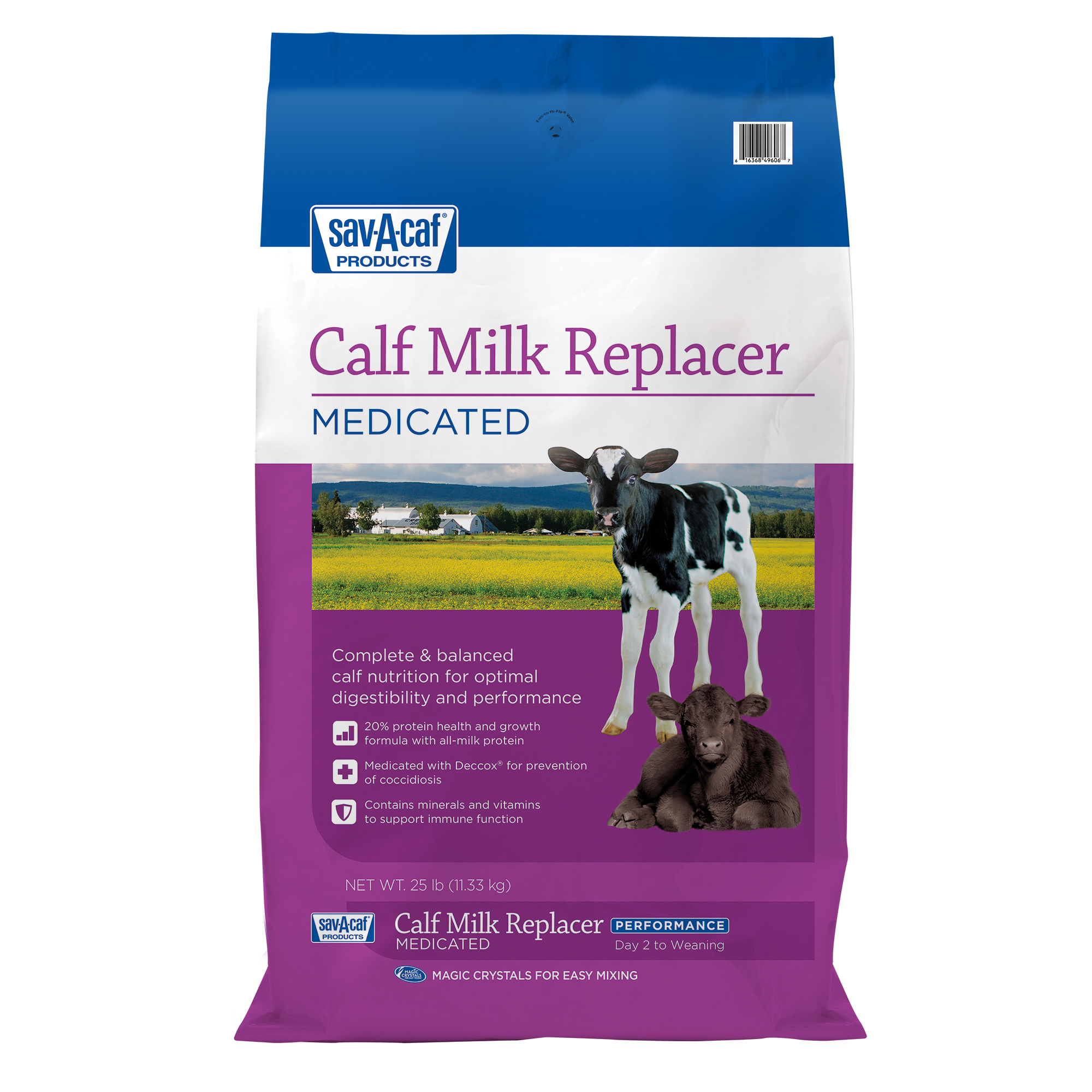
5 Tips for raising healthy chickens
You’ve raised your chicks to adulthood and now they’re fully feathered hens. Way to go! Now, you get to enjoy their eggs and companionship for years to come. To maximize their life, support their production potential and keep them happy and healthy, follow these five tips.
1. Provide quality nutrition and ensure constant hydration.
Bird health starts with nutrition. Make sure your hens are getting a high-quality, balanced diet formulated for their needs. It’s important to note that not all chickens should receive the same feed. Layer hens have different needs than broiler chickens. For example, layer hens require more nutrients like calcium to produce strong eggshells.
Once your hens start laying eggs at around 20 weeks old, switch them to a layer feed that contains at least 15% protein and 3.6-4.2% calcium.1 A complete chicken feed should make up at least 90% of their overall diet to make sure they are receiving adequate, balanced levels of required nutrients. Crushed oyster shells can be fed to provide additional calcium, if needed. It’s also a good idea to feed grit for digestion, but do not over feed scratch grains or vegetable waste, as this can keep them from eating enough balanced layer feed
To provide extra nutritional and health support, consider a daily supplement like Flock Guard. It’s easy to mix with water and helps nurture birds’ bellies with a blend of probiotics, functional egg proteins and added vitamins for optimal vitality and perkiness. It even supports a healthy appetite and immune health, as well as vibrant, colorful plumage.
If your flock should face certain stresses or health challenges that affect their digestive performance, keep Sav-A-Chick® Probiotic Supplement on hand. Each dose of probiotic contains millions of live, naturally occurring bacteria that help chicks maintain a healthy microbiome. It can be fed alone or mixed with Sav-A-Chick® Electrolyte and Vitamin Supplement, which is a great option for extra hot days when your birds could use a hydration boost or during times of stress when their immune system could be compromised.
Speaking of hydration, make sure your flock always have access to fresh, clean water. Healthy birds are hydrated birds!
2. Protect from predators and provide a suitable environment.
As much as you adore your chickens, natural predators don’t think so fondly and will snatch them up quickly if they’re not protected. Provide your flock a safe enclosed coop at night to keep away raccoons, rats, owls, hawks, cats and more. Double check for any holes and make sure there aren’t any opportunities for critters to work their way in. They can be sneaky!
Inside the coop, provide about 3 square feet of floor space per chicken. Overcrowding can cause issues like feather pecking and a buildup of manure and bacteria that can lead to parasites and sick birds.
Nest boxes are another important element of the coop. You should have one nest box for every three hens.
3. Offer mental stimulation and allow them to express natural behaviors.
Chickens can get bored just like us humans, especially if they’re kept in a coop or small run. Keep their minds busy with interactive treat dispensers, hanging produce, swings and perches, tunnels or mirrors to look at.
It’s also important they’re able to express natural behaviors like dust bathing, which helps keep them clean and controls mites. You can make them a designated bathing area, but they’ll also make one for themselves by digging shallow holes in soil, sand or shavings and tossing themselves into it. They just need the space and materials.
Foraging and scratching are two other important behaviors you should foster in your flock. It’s great if you can let your chickens outside to explore the natural environment of a lawn or grassy area where they can peck away at plants and insects. You can also provide scratch grains as a supplement to their complete feed, which encourages natural pecking, foraging and feeding instincts.
4. Keep their environment sanitary.
Like any animal, chickens are messy. To keep them healthy, it’s important to clean up after them. Clean their coop weekly to avoid fecal buildup and maintain air quality. Each day, you should collect eggs and change their feed and water. It’s also important to clean and sanitize their feeders and waterers regularly to kill any harmful bacteria.
5. Watch for signs of stress or illness.
As their daily caretaker, you know your chickens better than anyone. Knowing their normal behavior, patterns and tendencies can help you detect when something is off. In general, healthy chickens should be alert with bright eyes, showing typical chicken behaviors like pecking, scratching and dusting.
If a chicken is acting off or showing signs of illness like abnormal droppings, a pale comb, lethargy, lack of appetite or reduced egg production, start investigating or contact your trusted veterinarian for guidance.
There’s something about a flock of chickens happily foraging, clucking and exploring that completes a farm. We’re so glad you’ve got a flock of your own and wish your birds many happy, healthy years. Find more chicken nutrition tips or follow us on Facebook and Instagram to connect with a community of other passionate animal caretakers.
1 Hess, J. B., Macklin, K. Nutrition for backyard chicken flocks. Alabama Cooperative Extension System website. Available at: https://www.aces.edu/blog/topics/farming/nutrition-for-backyard-chicken-flocks/. June 18, 2019. Accessed March 21, 2022.
Find Solutions for Your Animals
-

Whether housed in a coop or free ranging on your farm, your birds are exposed to multiple threats every day that could cause illness or impact their well-being. Now there’s a way to be more proactive with regular support for...
-

You’ve raised your chicks to adulthood and now they’re fully feathered hens. Way to go! Now, you get to enjoy their eggs and companionship for years to come. To maximize their life, support their production potential and kee...




